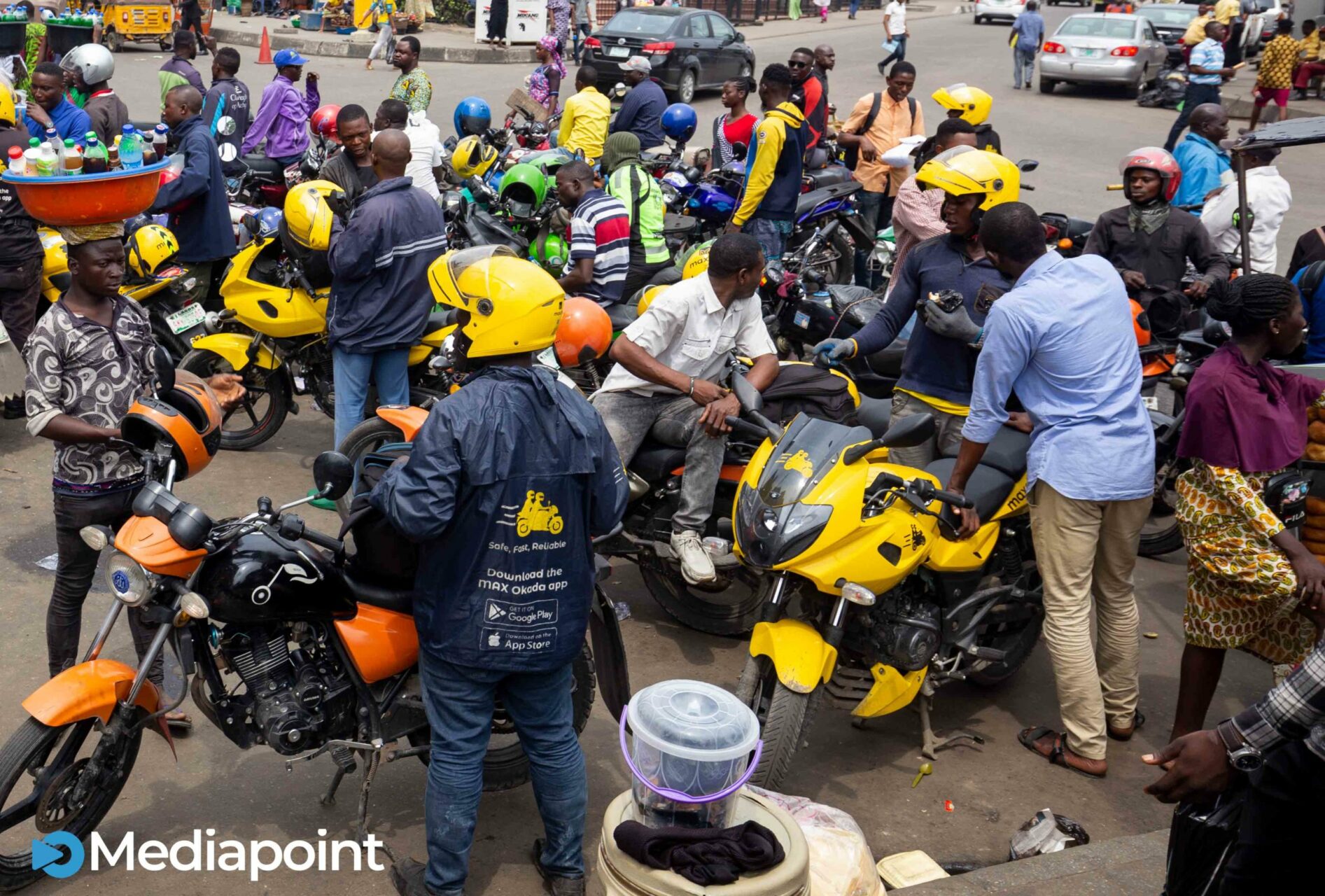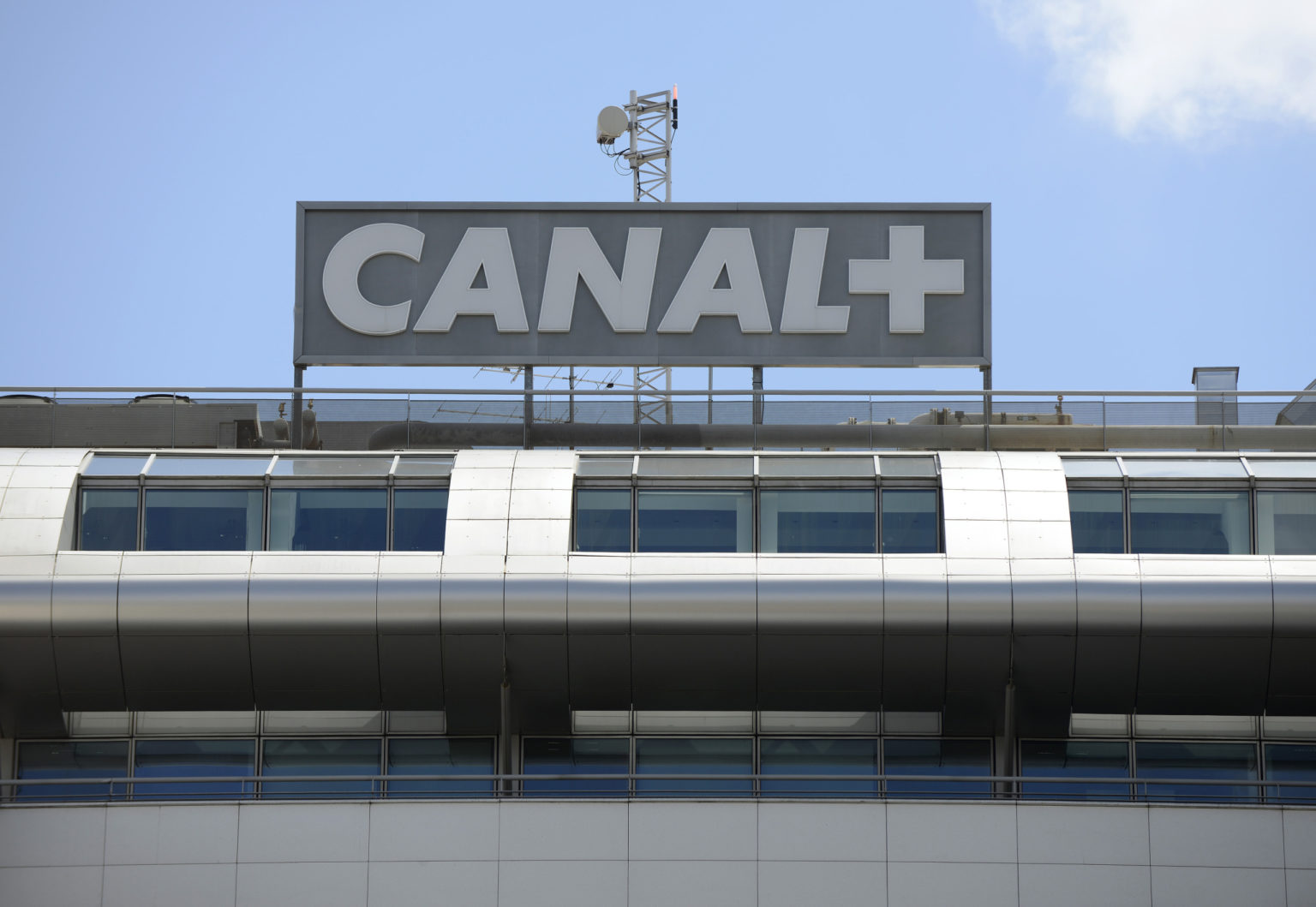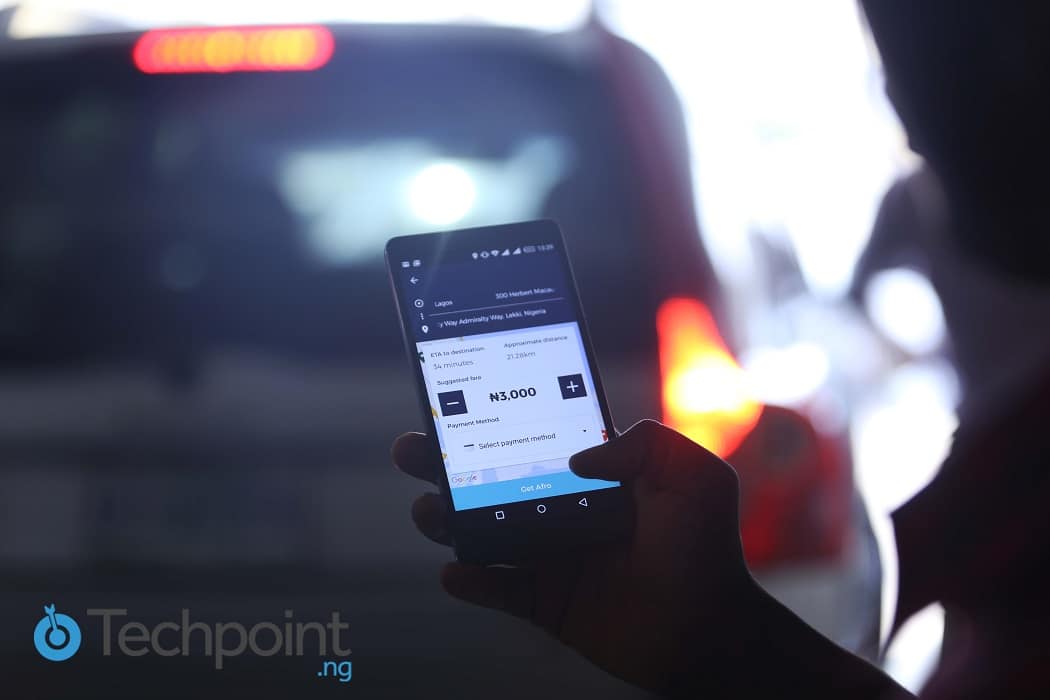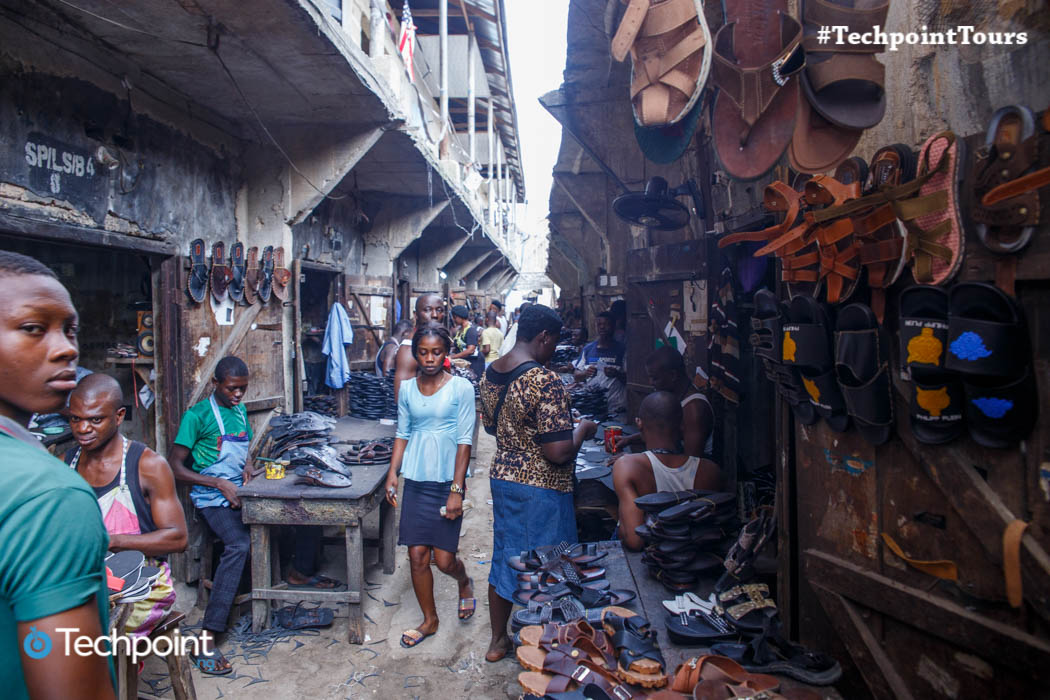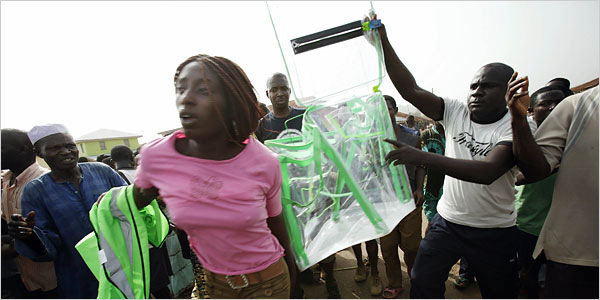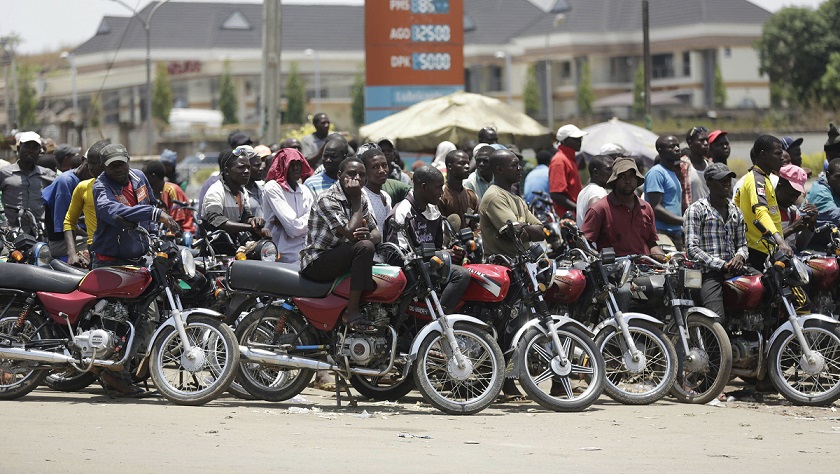Following the last report on the extortion of motorcycle-hailing startups in Lagos State, the probability of the state government’s involvement is quite high.
Suggested Read: In the throes of regulatory uphill battles, will Nigerian motorcycle-on-demand startups survive Lagos?
According to a source close to the matter, who requested anonymity fearing punitive measures, the government may indeed be looking the other way as transport unions make Lagos uninhabitable for these startups.
The source said that at a recent meeting chaired by the special adviser to the governor on transportation, with representatives of motorcycle-hailing startups (Gokada, MAX Okada, ORide), and government representatives, union members were seated in and they even dictated the way forward during the negotiations.
The unions demanded a daily ₦1,000 ($2.76) levy per bike, and according to the source who was at the meeting, this did not go down well with the startups.
“Representatives of the startups present at the meeting made their case. They are not profitable, still running on investor money, and have sunk in so much money to regularise the system. They offered to pay ₦1,000 ($2.76) monthly but the unions were not having any of it, they said it was an insult to them and threatened to shut down the startups’ operations in the state if they did not comply,” the source said.
According to the source, at this point the government representatives excused themselves and asked the startups to meet with union members in the boardroom of the ministry of transport.
The unions eventually said they will settle for ₦500 ($1.38) per bike daily for operations on all routes across the state, while the startups’ representatives made a ₦100 ($0.27) daily or ₦1,000 ($2.76) per month counter-offer which was rejected.
The meeting reportedly ended on a rowdy note without any resolutions. When the government representatives returned, they purportedly said the startups had to agree with the unions, or there was no deal.

Be the smartest in the room
Give it a try, you can unsubscribe anytime. Privacy Policy.
This meeting was happening after they had allegedly attended an unsuccessful negotiation with the unions in what the source called their den in the Agege area of Lagos.
The source confirms the government is indeed being two-faced in its approach to the matter.
A journey to regulation
It will be recalled that the present administration had made it clear they intended to regulate the motorcycle-hailing startups.
The proposed regulation would have seen each startup pay an annual licensing fee of ₦25 million ($69,000) for 1,000 bikes, and then an additional ₦30,000 ($83) per bike after the first 1,000.
A Quartz report had earlier stated the exorbitant licensing fees were aimed at frustrating the startups as they do not fit into Lagos’ mega-city ambitions.
And leaving Lagos will prove disastrous for these startups in their Nigeria ambition as it is their biggest and most viable market out of the thirty six states in the country.
But even at that, the proposed fees were supposed to be a legal avenue to raise the bar for operators in the state.
The recent happenings are highly irregular and suspect as the transport unions in Lagos are neither official government bodies nor tax-collection agencies.
Why then were they actively involved in this process?
A representative of the National Union of Road Transport Workers (NURTW), Dr. J.O. Spencer, did not directly respond to a question on the authority of the union to tax these companies. He, however, said that the NURTW is duly registered and has the right to sell tickets to commercial transport operators.
He said the government and the union support the vision of the companies to innovate, but that they [motorcycle-hailing] startups met an existing infrastructure on ground and must fit into it.
“Some of them are foreigners and they and their African collaborators must know that when you come into another man’s land to do business, you must pay taxes,” Spencer said to Techpoint in a telephone conversation.
Spencer who is head of special projects for the union said if they do not react, “these new people will drive us out of the system.”
He said the startups are insisting on a bulk licensing payment, but that they must let their riders join a union of their choice and make daily payments like other commercial motorcyclists popularly called okada in the state.
“For our collaboration with the companies and the government, we have allowed them to pay ₦500 ($1.38) which is half of what the normal okada riders pay. And then they will also get ₦100 ($0.27) tickets from their local governments, that brings it up to ₦600 ($1.66) daily per bike.”
When asked what services the unions offered to demand these payments, Spencer said they had no right to know this.
“This system has been in place for years before they [foreigners] came to the country to set up their businesses, it is not going to change all of a sudden,” he concluded.
There is apparently a bit of confusion on what the exact regulatory framework should be, but in the meantime, the government seems to be abdicating its responsibility and leaving it to the unions.
Techpoint reached out to the ministry of transport’s representative, an Engineer Toriola, who confirmed he was in charge of the negotiations.
Although very polite over the phone, Toriola neither confirmed nor denied any of the reports.
“In line with the directives of the state government, we are working on how to regulate motorcycle and taxi-hailing startups in the state.”
He also refused to answer questions on the role of the unions in the ongoing negotiations and regulations formulations.
“I won’t give you this information,” he added laughing, “our role is to ensure the union does not disturb the activities of these companies.”
He said they had gotten reports of clashes between the startups and union members and are wading into the matter to ensure an enabling environment for these startups.
He asked Techpoint to mail a physical letter to the ministry for official information and detailed updates on the matter.
Said to be the 7th largest economy in Africa, Lagos State is Nigeria’s biggest earner. According to reports, it generated ₦382.18 billion ($1.54 billion) in the year 2018.
Over the years, there have been unconfirmed reports that transport unions in the state are unofficial revenue streams. In 2015, an estimate put the unions’ earnings at between ₦4.7 billion ($12.98 million) and another reported ₦500 million ($1.38 million) recently.

